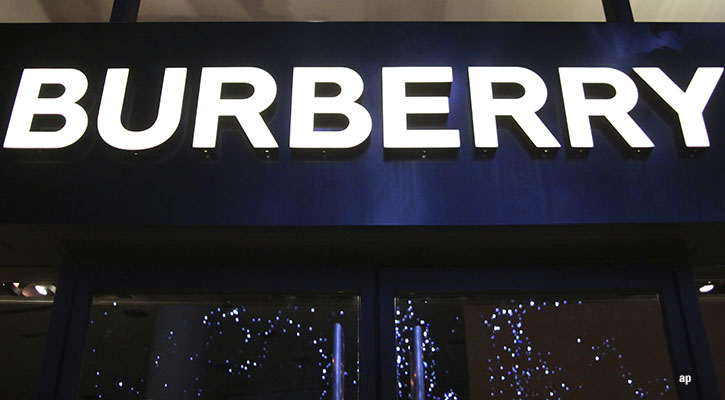
We believe the luxury sector is largely fairly valued, incorporating more subdued near-term demand. This is unlikely to persist in the long term because luxury industries usually bounce back quickly from cyclical downturns. A handful of stocks screen as undervalued.
We don't see the current cyclical weakening of demand to be long lasting because based on the industry's past 30 years, periods of subdued demand didn't last more than two years.
4 Attractive Luxury Stocks
• Kering (KER)
• Burberry (BRBY)
• Swatch (UHR)
• Hugo Boss (BOS)
Brands struggling with weaker positioning or turnarounds such as Ferragamo, Burberry and Kering's Gucci performed weakest so far this year.
Key Morningstar Metrics for Kering
• Fair Value Estimate: €464.00
• Morningstar Rating: 5 stars
• Morningstar Uncertainty Rating: Medium
• Economic Moat: Narrow
Kering is the second-largest luxury group by revenue, trading at 18 times consensus earnings (which we believe are close enough to trough levels), 60% upside to our fair value estimate. Although Kering's flagship Gucci brand's momentum is slowing, its strong brand recognition, significant marketing resources, control over distribution (greater than 90%) and access to top managerial and creative talent ostensibly put it in a position to maintain its pricing and desirability in the long run.
Key Morningstar Metrics for Burberry Group
• Fair Value Estimate: £16.80
• Morningstar Rating: 4 stars
• Morningstar Uncertainty Rating: High
• Economic Moat: Narrow
Despite its recent history of sluggish growth, we believe Burberry benefits from high brand recognition, pricing power, and strong control over distribution, all of which support its narrow moat. The stock is trading at 17 times forward earnings, which we believe is close to trough levels. We view its current performance weakness relative to the industry as cyclical and operational – new designer Daniel Lee's collections were launched at a premium price point that increasingly price-sensitive consumers didn't accept. We believe Burberry's performance can be improved by strengthening less-expensive assortments, which the company is doing.
Key Morningstar Metrics for Swatch Group
• Fair Value Estimate: CHF 368.00
• Morningstar Rating: 5 stars
• Morningstar Uncertainty Rating: Medium
• Economic Moat: Narrow
Swatch benefits from a narrow moat through brand intangible assets and manufacturing scale. Its valuation is very appealing as tailwinds are not priced in. Notably, Swatch should benefit from high exposure to Chinese consumption, which we expect to recover strongly thanks to post-pandemic pent-up demand and long-term income growth. Swatch should also benefit from the bottoming out of lower-priced watches and smartwatches – a competitive threat – gets closer to reaching maturity, as well as from significant operating leverage from cost cuts and automation.
Key Morningstar Metrics for Hugo Boss
• Fair Value Estimate: €62.00
• Morningstar Rating: 4 stars
• Morningstar Uncertainty Rating: Medium
• Economic Moat: Narrow
Hugo Boss owes its narrow moat to its strong brand in premium menswear, which tends to cultivate brand loyalty. Further, in recent years its sales growth was at the top end of luxury peers thanks to increased marketing, and better traction in casual wear and with young consumers. While we concede that the apparel segment in luxury is one of the most competitive and slower growing, we have already incorporated slowdown in our forecast and still view shares as attractive, trading at only 11 times forward earnings.

































